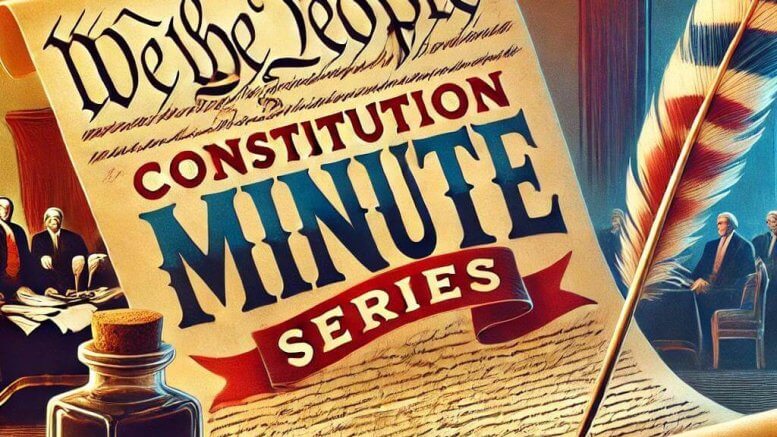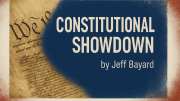Introduction
The “consent of the governed” principle is a cornerstone of American democracy. This idea is rooted in the Declaration of Independence and is vital to understanding our unique government form. Let’s explore what this means and how it shapes our nation.
The concept of consent was groundbreaking during the American Revolution. The Declaration of Independence stated that all men are created equal and endowed with certain unalienable rights. This directly challenged the monarchical system, where kings ruled by divine right without the people’s consent.
The Social Contract
The social contract is fundamental to the principle of governance. Essentially, it signifies the agreement between the governed and those who govern. We, the people, agree to be governed and to abide by specific laws in return for protection and the opportunity to pursue happiness. This mutual agreement ensures that the government serves its citizens.
Historical Context
The idea of consent was revolutionary during the American Revolution. The Declaration of Independence proclaimed that all men are created equal and endowed with certain unalienable rights. This directly challenged the monarchical system, where kings ruled by divine right without the people’s consent.
Example from the Declaration of Independence
The Declaration of Independence directly addresses the concept of consent: “Governments are instituted among men, deriving their just powers from the consent of the governed.” This statement emphasizes that legitimate government power must come from the people’s will. King George III claimed his right to rule was inherent and unquestionable, sharply contrasting this view.
The Revolutionary Impact
When King George III declared his divine right to rule and that the colonists were born to be his subjects, it sparked a profound reaction among the American colonists. They rejected this paternalistic view. The Continental Army fought for their right to self-governance. Thomas Jefferson’s writings, including the Declaration of Independence and “A Summary View of the Rights of British America,” further articulated the belief that rulers govern by the people’s consent.
Modern Implications
Today, the principle of consent of the governed remains vital. It underpins the democratic process, ensuring leaders are elected through free and fair elections and held accountable to the people. This principle also supports the idea that citizens have the right to alter or abolish a government that fails to protect their rights and interests.
Conclusion
The principle of consent of the governed is more than a foundational idea. It is a living, breathing aspect of American democracy that continues to shape our government and society. Understanding this concept helps us appreciate the profound shift during the American Revolution and the ongoing importance of active civic engagement in preserving our freedoms.
Watch the Hillsdale College Lecture
For a deeper understanding of this principle, watch the Hillsdale College lecture embedded below:
Get Your FREE Pocket-sized copy of The Constitution and Declaration of Independence!
Click Here to get yours Today (Hillsdale Constitution Minute)
Further reading:
The Bill of Rights Institute on Consent
The Virginia Christian Alliance Series on the Constitution




